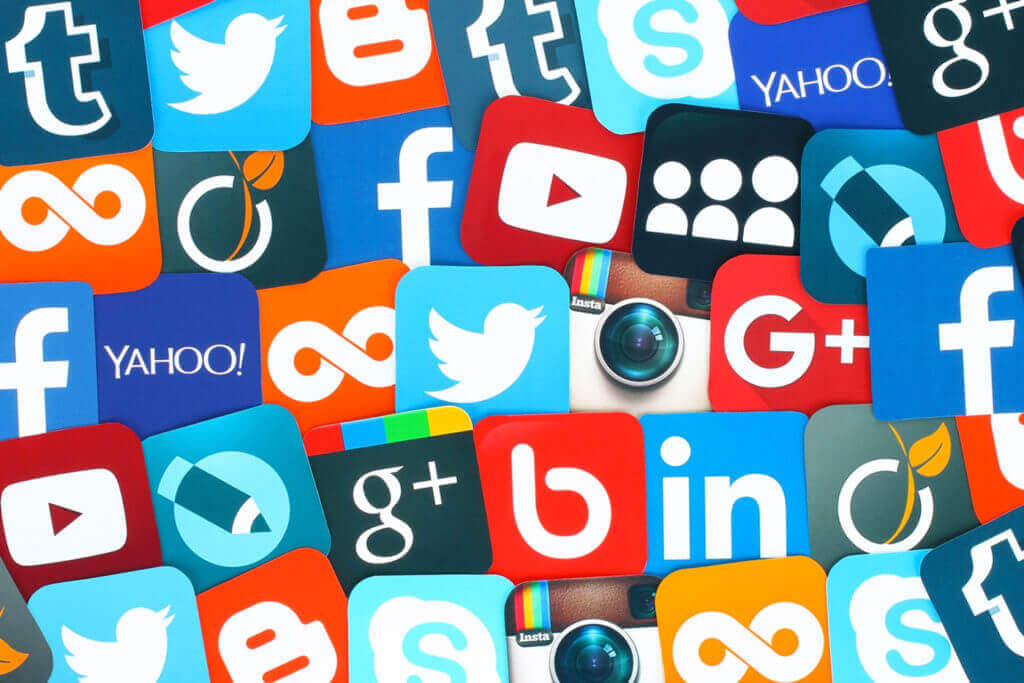
In 1991 there was no way of foreseeing the impact that social media would have on the industry. Presently, 2.3 billion people are active on social media, and that number increases daily. Companies should no longer debate having a social media presence but rather HOW to utilize the various platforms to increase the experience for your guests and value for your hotels.
As a privately owned hotel development and hospitality management company, we implement our social media plan adhering to both the guidelines of the hotel brands we work with, as well as, our own ideas about what makes social media successful in the hospitality industry. It is always a collaborative effort to investigate the evolving social media trends, new platform features, and stay aligned with what our guests hope to experience from following our hotels on social media.
Most hotels are dependent on word of mouth and good reviews from loyal guests, which is what makes social media a natural marketing and branding tool. The use of social platforms has become widespread, and travelers consistently use social media to express pleasure or frustration about their experiences. Whether it is used intentionally or inadvertently, the leaders within the hospitality industry cannot ignore the impact of the social media paradigm on their businesses.
Here are four lessons that we learned to effectively navigate the social media world in order to market our hotels, as well as our company:
-
Respond, Respond, Respond
Because our hotels fall under many different brands, we are expected to adhere to each specific brand’s social media requirements. For example, some hotels prefer using Twitter and ask us to post five times per week, while others leave the decision about frequency and usage to us.
At all times, we are expected to respond and serve as communicators for the brands, which means that we understand the value of attending to EVERY review that comes in, taking on the responsibility of directing guests to the correct sources as well as those concerning customer service.
It is essential in the hospitality industry to respond to messages within a certain amount of time – usually, within the first few hours. Communication in this format should be viewed in the same way we would treat a guest who is standing at our front desk.



